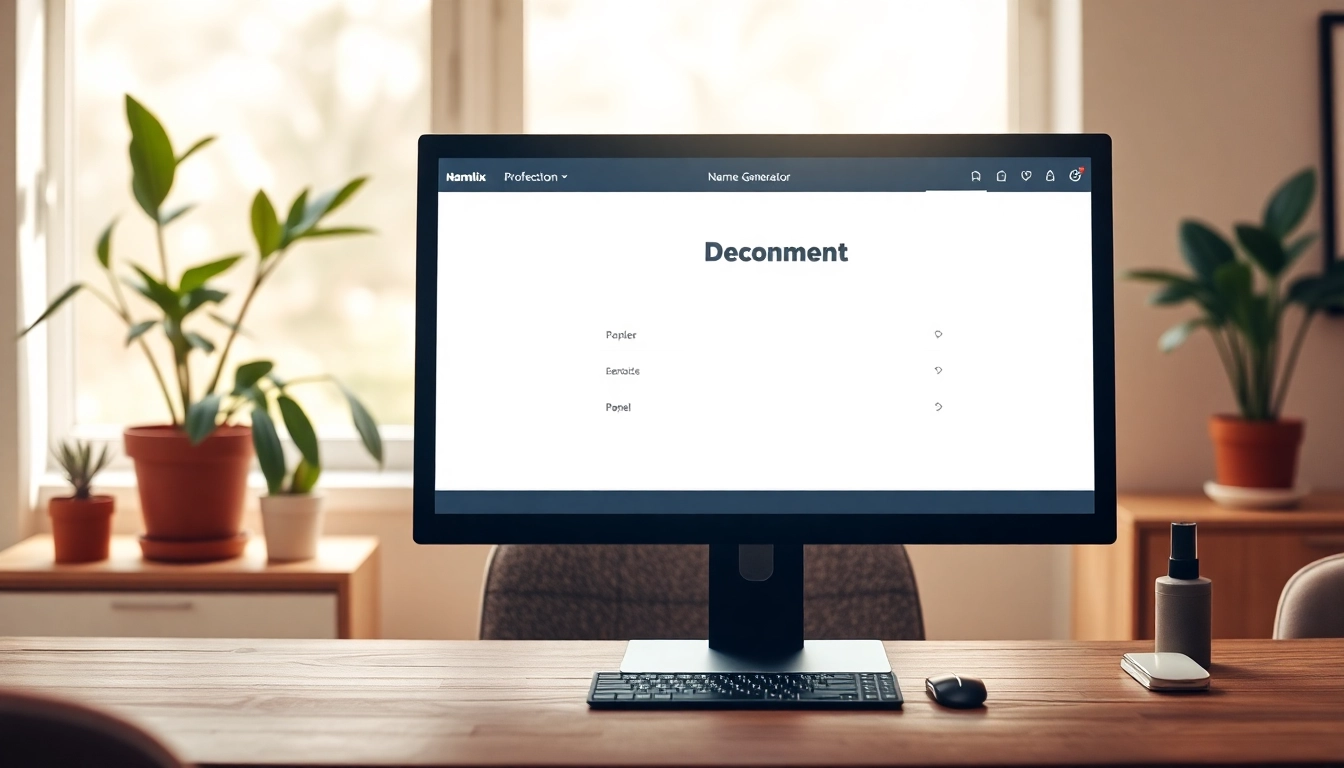Understanding Direct Home Buyers
Definition of Direct Home Buyers
Direct home buyers are individuals or companies that purchase properties directly from homeowners, often for cash and without the involvement of real estate agents. Unlike traditional buyers who typically secure financing through banks or mortgage lenders, direct home buyers can provide a swift, seamless transaction, making them an appealing option for homeowners looking to sell quickly. These buyers often specialize in purchasing homes in various conditions, meaning that sellers can unload properties without investing in repairs or renovations.
How Direct Home Buyers Operate
The operational model of direct home buyers is designed to streamline the home-selling process. Sellers can initiate contact, usually through a simple online form or a phone call, and receive a cash offer typically within 24-48 hours. Once an offer is accepted, the closing process can take place in as little as a week, providing sellers with rapid liquidity and the ability to move on from their properties without prolonged negotiations or uncertainty. This speed of transaction is largely facilitated by the direct nature of the relationship between the seller and buyer—notably, no real estate agents are involved, enabling sellers to avoid commissions and fees.
Benefits of Using Direct Home Buyers
Selling a home through direct home buyers comes with several compelling benefits:
- Speed: Transactions can be completed much faster than traditional sales, ideal for those needing quick cash.
- No Repairs Required: Properties are often purchased ‘as-is,’ meaning sellers do not need to invest time or money in renovations.
- No Commissions: Without agents involved, sellers save on commission fees typically associated with real estate transactions.
- Less Stress: The straightforward process allows sellers to avoid the common stressors of traditional home sales, such as showings and extended negotiations.
Preparing Your Home for Sale
Assessing Your Home’s Condition
Before engaging with direct home buyers, it’s essential for homeowners to assess the condition of their property. This includes evaluating the structural integrity, the functionality of major systems (like plumbing and electrical), and the state of the roof and foundation. A thorough assessment will help homeowners set realistic expectations for their cash offers. Although direct home buyers will purchase homes ‘as-is,’ understanding where your home stands in terms of need for repairs can provide valuable insight during the offer process.
Important Documents to Gather
To facilitate the selling process, homeowners should prepare a few key documents. Essential paperwork includes the title deed, property tax records, prior inspection reports if available, and any relevant warranties for appliances or major systems. Having these documents readily available can expedite the sale and simplify negotiations, allowing direct home buyers to make a fairer offer based on complete information.
Setting a Competitive Price
While direct home buyers often have straightforward pricing strategies, homeowners should still conduct some market research to ensure their home is priced appropriately. This can involve reviewing recent sales of similar homes in the area or consulting with real estate professionals to understand market conditions. Homeowners who provide transparent and competitive pricing can expect more interest from direct home buyers, potentially leading to better offers.
Engaging with Direct Home Buyers
Finding Reputable Direct Home Buyers
Choosing the right direct home buyer is critical to ensuring a smooth selling experience. Homeowners should seek out buyers with strong reputations, which can be assessed through online reviews and testimonials. Additionally, engaging with local buyers who have a solid presence in the community can provide confidence in the transaction, as these buyers have a vested interest in their locale and are likely to offer fair prices.
Questions to Ask Potential Buyers
To narrow down options and choose a trustworthy buyer, homeowners should ask potential direct home buyers several important questions:
- What is your buying process?
- Are you able to provide references from past sales?
- How soon can the transaction close?
- What fees can I expect during the sale?
These inquiries can clarify the buying process and help homeowners gauge the legitimacy and reliability of the buyers.
Understanding Offers and Negotiations
Once homeowners receive offers from direct home buyers, understanding the terms and at that point effective negotiation is essential. Buyers typically calculate their offers based on market value, the condition of the property, and potential repair costs. A comprehensive understanding of these factors allows sellers to engage in informed discussions, providing the opportunity to negotiate terms that align with their needs.
Evaluating Offers from Direct Home Buyers
Types of Offers You Might Receive
When presented with offers, homeowners may encounter different types based on the buyer’s business model:
- Cash Offers: These are the most common and typically represent the buyer’s willingness to purchase the property outright without any financing conditions.
- Financed Offers: Some buyers may require financing, which can introduce additional contingencies into the sale. Evaluate how this affects the sale timeline.
- Contingent Offers: These offers are contingent upon certain criteria being met, such as passing inspections or the buyer selling their own home.
Factors Influencing Offers
Several factors can influence the offers received from direct home buyers. These can include:
- The property’s current condition and necessary repairs.
- The average sale prices of comparable homes in the neighborhood.
- Market trends and economic conditions.
- The urgency of the seller’s need to sell, which can inspire buyers to make aggressive offers.
Comparing Offers: What to Look For
It’s important for homeowners to carefully compare the offers they receive, looking beyond just the upfront cash amount. Factors to consider include:
- Timeframe for cash payment.
- Any fees associated with the sale.
- The level of hassle involved in the sale.
- Any contingencies that could delay or complicate the transaction.
By weighing these factors, homeowners can make an informed decision that best suits their situation.
Closing the Sale with Direct Home Buyers
Steps to Finalize the Sale
Finalizing the sale with direct home buyers usually entails several key steps:
- Accept the Offer: Once you receive an acceptable cash offer, formally accept it to initiate the closing process.
- Conduct the Title Search: The buyer will initiate a title search to ensure the property is free of liens and encumbrances.
- Sign Necessary Documents: Prepare to sign a variety of legal documents, including the purchase agreement and closing disclosure.
- Complete the Closing Process: This finalizes the sale and transfers ownership to the buyer.
Common Closing Costs
While selling to direct home buyers can minimize costs, some fees still exist. Common closing costs may include:
- Title insurance fees.
- Transfer taxes.
- Notary fees.
- Outstanding property taxes or homeowner association dues.
Understanding these costs ahead of time can help homeowners budget appropriately and avoid surprises on closing day.
After the Sale: What Comes Next
Once the sale is complete, sellers should take a moment to address a few important tasks:
- Cancel homeowner’s insurance and utilities in relation to the sold property.
- Keep records of the sale for tax purposes.
- Consider using the cash received for the next steps, whether that involves purchasing a new home or investing elsewhere.
Engaging with direct home buyers offers a pathway to a straightforward home selling experience, characterized by speed, reduced stress, and the potential for financial gain. By understanding how to prepare your home for sale, engage with buyers, and navigate the closing process effectively, sellers can ensure a more successful transaction.



